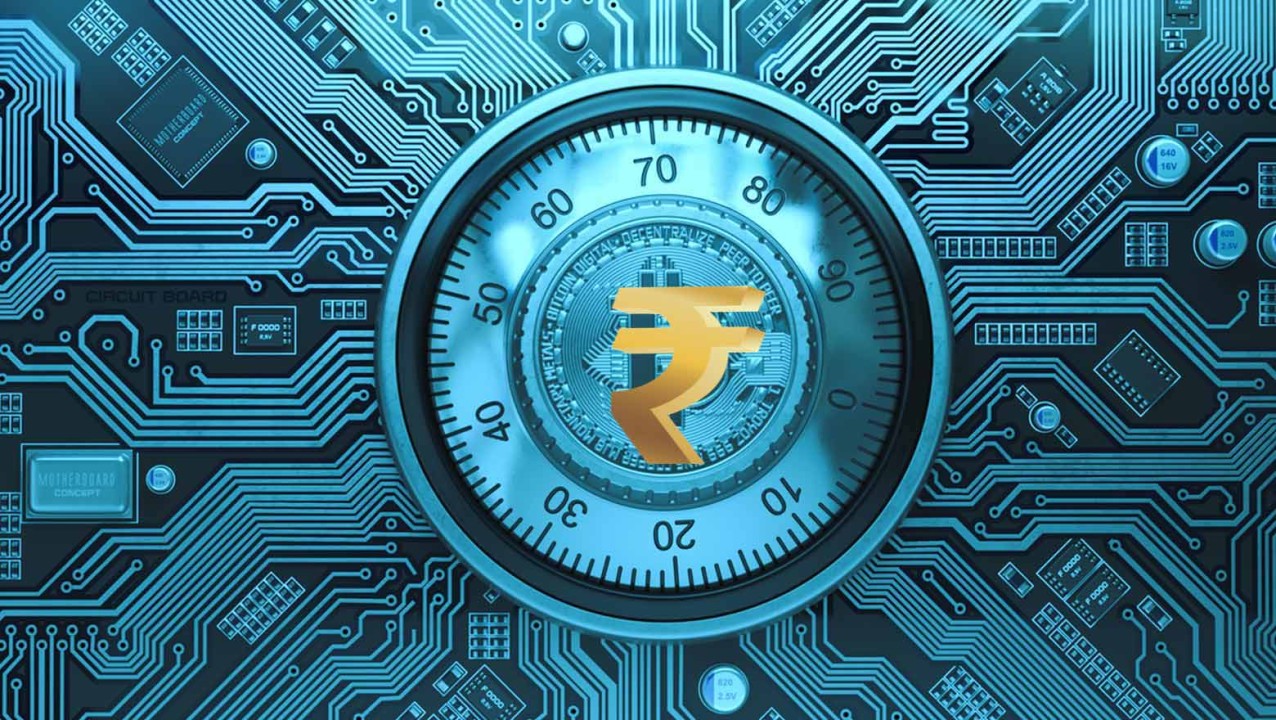The Reserve Bank of India (RBI) has disclosed that as of March 2023, the circulation of the E-rupee, India’s Central Bank Digital Currency (CBDC), has reached ₹16.39 crore. This digital currency, which mirrors the country’s physical legal tender, comes in different denominations and serves both wholesale and retail purposes.
Breakdown of E-rupee Circulation:
- Total E-rupee circulation: ₹16.39 crore.
- Wholesale CBDC (e₹-W): ₹10.69 crore.
- Retail CBDC (e₹-R): ₹5.70 crore.
- The highest circulation is in ₹500 CBDC notes, amounting to ₹2.71 crore.
- ₹200 notes follow with a circulation of 1.16%.
Denominations and Distribution:
- Denominations range from 50 paise to ₹100.
- Circulation for these denominations falls between 0.01% to 0.83%.
CBDC Pilot Initiatives:
- Wholesale CBDC (e₹-W) was launched in November 2022, initially limited to settling secondary market transactions in government securities.
- RBI plans to expand the use of E-rupee in other inter-bank money markets.
- Retail CBDC (e₹-R) was launched a month later in December 2022 within a closed user group consisting of participating customers, banks, and merchants.
- Initially launched with eight public and private sector banks, the retail E-rupee is now extended to more banks.
- Retail E-rupee has been made interoperable with UPI QR codes.
UPI Interoperability and Future Plans:
- RBI Deputy Governor T Rabi Sankar announced that 13 banks are involved in the retail CBDC pilot for UPI interoperability.
- Expanding UPI interoperability to the remaining top 20–25 banks is an ongoing process.
- UPI interoperability allows E-rupee payments using existing QR codes for the UPI ecosystem.
- Even if a merchant lacks a CBDC wallet, CBDC payments via UPI will enable the E-rupee to be deposited directly into the merchant’s or receiver’s bank account.
Future Focus on E-rupee Transactions:
- As of now, there are approximately 15,000 E-rupee transactions daily.
- The RBI aims to scale this number to one million (10 lakh) transactions.
- Recent efforts have focused on making E-rupee interoperable with UPI QR codes, and the next step is to enhance transaction volumes.




 Iran’s Supreme Leader Ayatollah Ali Kham...
Iran’s Supreme Leader Ayatollah Ali Kham...
 Which Country Officially Uses Two Differ...
Which Country Officially Uses Two Differ...
 Historic Glory! Jammu & Kashmir Win ...
Historic Glory! Jammu & Kashmir Win ...








